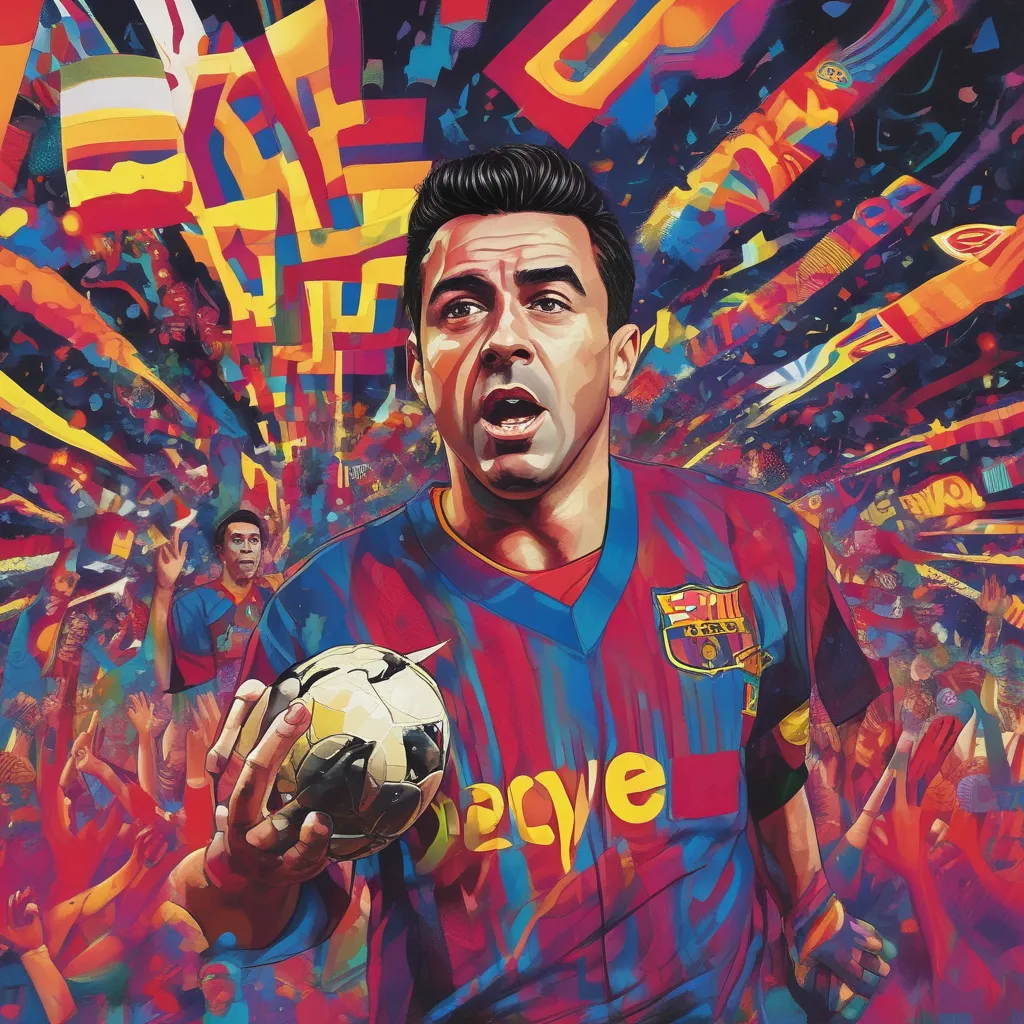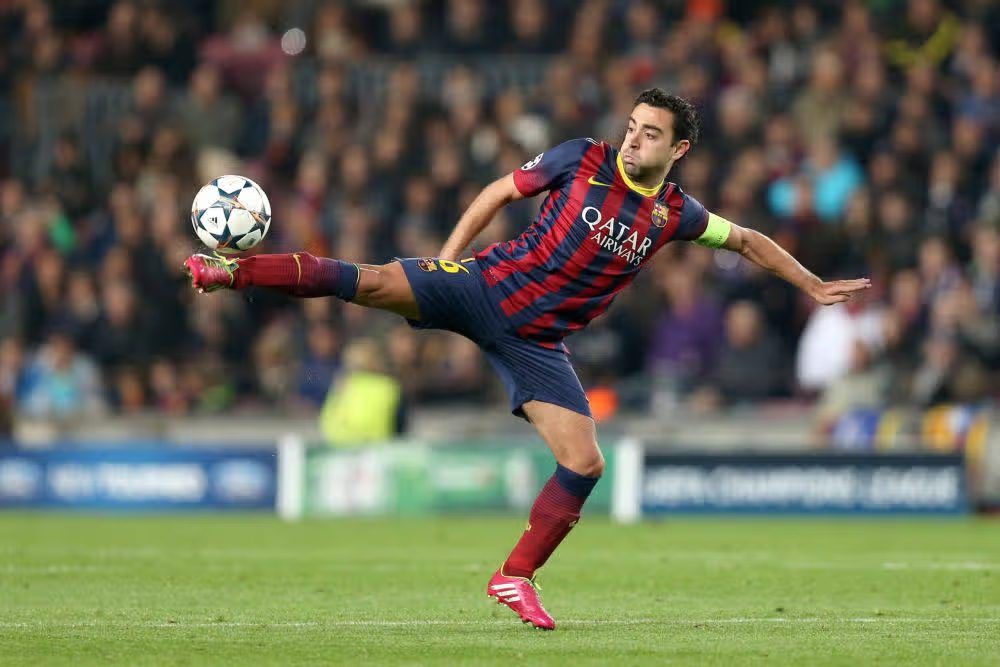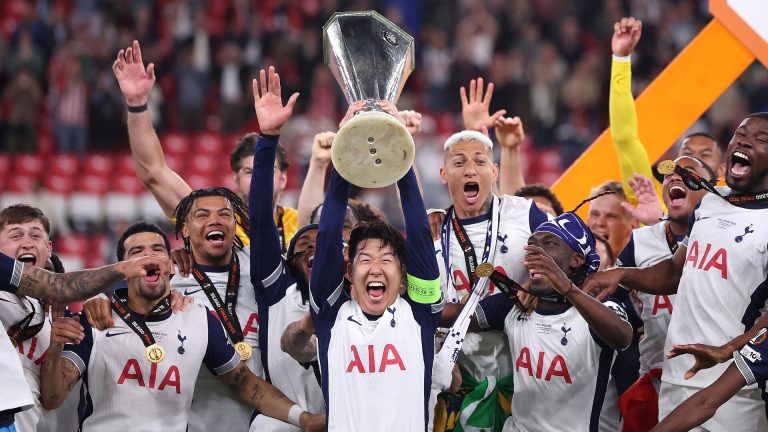Javi Hernández’s biography begins in the city of Terrassa, near Barcelona, where he was born on January 25, 1980. From an early age, he was surrounded by a football-loving atmosphere, as his father was a professional player and the family had strong sporting traditions.
At the age of nine, he joined the Barcelona system, where he displayed a phenomenal vision of the field from the very beginning. The academy coaches quickly recognized his analytical mindset, which was unusual for such a young player.
Breaking into the foundation and shaping the style
Since 1998, Javi Hernández’s career entered a new phase, as he made his debut for the first team. His role on the field was not aggressive or flashy in the traditional sense, but he quickly became the brains behind the team’s formations.
Instead of being known for his showmanship, Javi Hernández was valued for his precision, spatial awareness, timing, and ability to control the tempo of the game. At Barcelona, Javi Hernández quickly became an indispensable organizer of attacks and a rhythm setter.
The era of “tiki-taka” and football thinking
 At the turn of the 2000s, he became a key element of Barcelona’s philosophy, which was later perfected by Pep Guardiola. Together with Iniesta and Busquets, he created the iconic “tiki-taka” that has become a cornerstone of football history.
At the turn of the 2000s, he became a key element of Barcelona’s philosophy, which was later perfected by Pep Guardiola. Together with Iniesta and Busquets, he created the iconic “tiki-taka” that has become a cornerstone of football history.
He brought intellectual energy to every match, using short passes and quick changes of direction to create opportunities. It was during these years that Javi Hernández’s career became a benchmark for the central midfielder of the new generation.
Tops in the Spanish national team
Since 2000, Xavi Hernández has been playing for the Spanish national team, but his true era of dominance began in 2008, when the team won the European Championship. This was followed by victories in the 2010 World Cup and the 2012 European Championship.
In all these tournaments, he was not just a player but the architect of the game, the conductor setting the pace. His decisions on the field were characterized by depth and strategic thinking. Javi Hernández’s biography in the national team has become a symbol of the new football philosophy.
Leadership Without Pathos: Why It’s Interesting to Read the Biography of Xavi
Despite his humble demeanor and outward restraint, Xavi was always an unquestioned leader. His authority was not based on gestures or speeches, but rather on his actions and ability to maintain control even under pressure. He did not seek out conflicts or make headlines, but he was the one who shaped the style of his teams, both at club and international levels. Before delving into his retirement, it is important to highlight the factors that played a crucial role in shaping this legendary midfielder:
- high level of football intelligence and game reading;
- continuous work on short and medium pass technique;
- minimization of mistakes and ball losses;
- development of positional thinking;
- restraint and concentration in stressful situations;
- adaptation to different schemes and tempos.
Each of these points became the foundation on which Javi Hernandez’s biography as an organizer was built.
The last seasons at Barcelona and the transfer to Qatar
After two decades at the top, he left Barcelona in 2015 and signed a contract with Al-Sadd in Qatar. This decision allowed him to retire from European football without losing his status.
In Qatar, he became a playing coach, gradually transitioning from a player to a mentor. His influence on young players was evident even in a new cultural environment. Over the years, he won several national trophies while maintaining his playing principles.
A new role in his biography: Coach Javi Hernandez
After his playing career ended, Javi Hernández entered a phase of coaching growth. Already at Al-Sadd, he built a team based on positional football, emphasizing ball control and team discipline. His approach proved effective, and in 2021, he was invited to lead Barcelona as head coach.
The coach remained true to his philosophy. He not only revived the spirit of dominance but also paved the way for young players from the academy. Under his leadership, the team won the Spanish championship, providing the most stable defensive line in the last ten years.
Personal life and principles outside the field
Outside of football, he has always maintained a moderate and rational lifestyle. He is married, has children, and avoids public scandals. His personal life is based on the same principles as his football career: balance, order, and respect.
Xavi actively supports educational and sports initiatives, collaborates with charitable organizations, and promotes healthy thinking in sports.
Javi Hernandez’s Influence on Football
His influence on Spanish football is immense. He became the embodiment of the transition from vertical power to horizontal control. A midfielder-director who could read an episode like a chess game and react instantly. His legacy goes beyond titles; it is in the way the game itself has changed under his influence. To understand the magnitude of his contributions, it is essential to highlight his most significant achievements:
- eight Spanish league titles with Barcelona;
- four wins in the Champions League;
- two European champion titles and one world title with the national team;
- the title of the best midfielder in Europe (UEFA, 2009 and 2011);
- more than 750 matches for the club;
- record for the most assists in one Champions League match (148);
- dozens of team and individual awards.
Every trophy is the result of thinking, consistency, and loyalty to one’s own football principles.
Injury consequences and body control
Throughout his professional career, he has rarely suffered from serious injuries, which can be attributed to his well-balanced training regimen, playing style, and high level of self-control.
It is important to note that his longevity on the field is a result of his strict training regimen, attention to recovery, and ability to avoid unnecessary risks!
Conclusion
 Javi Hernández’s biography is not just a chronology of success, but a story of systemic thinking embedded in the game, teams, and structure of the football era.
Javi Hernández’s biography is not just a chronology of success, but a story of systemic thinking embedded in the game, teams, and structure of the football era.
As a player, he changed the perception of the role of the central midfielder. As a coach, he brought strategic thinking back to Barcelona. As a leader, he showed that influence is built on actions, not words. In an era of speed and expression, he remains a symbol of precision, calculation, and intellectual superiority on the field!













